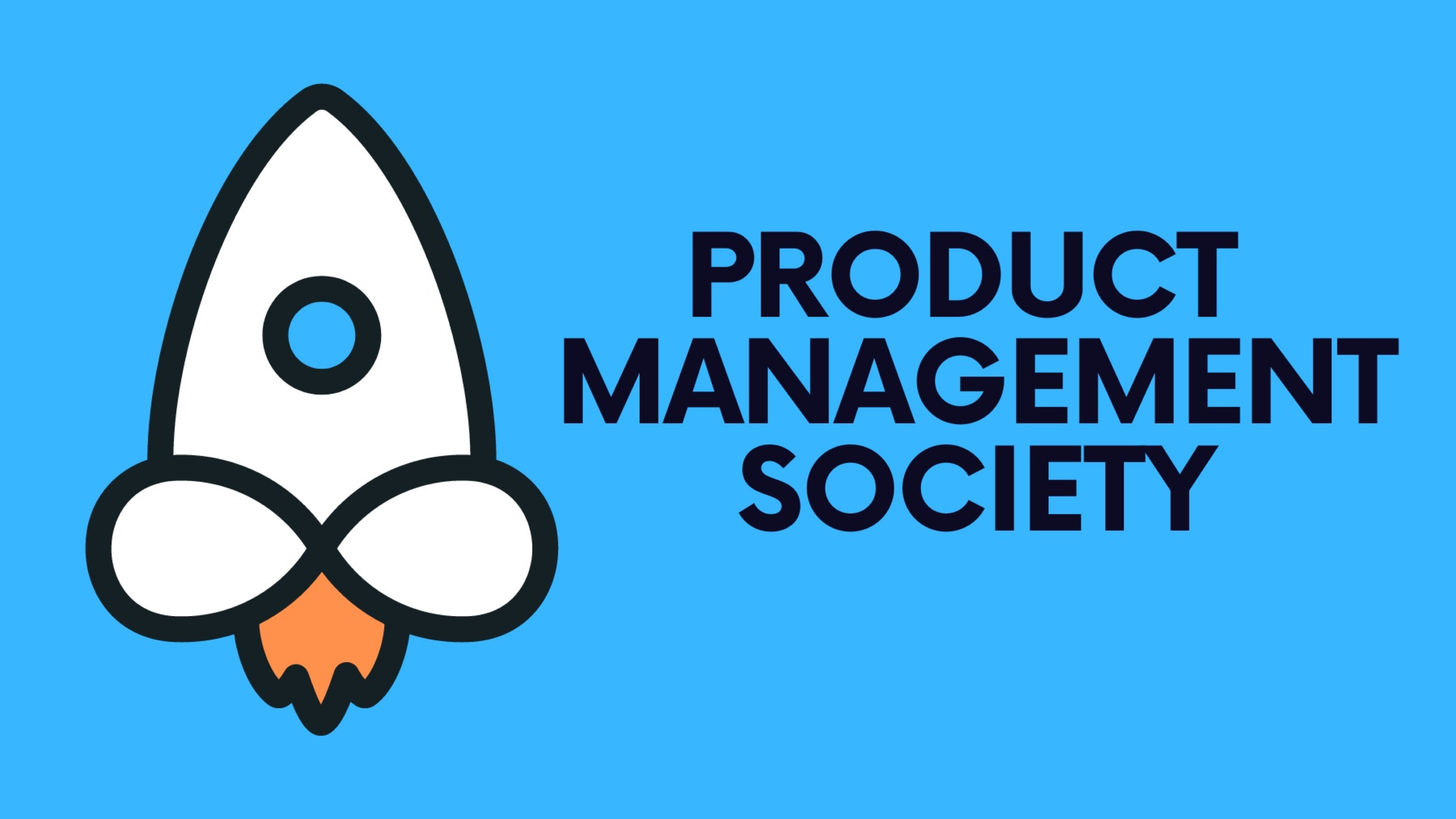Professionals may come from diverse backgrounds, leveraging unique skills and experiences to excel in this dynamic field. This article explores the various career journeys that can lead to a role in product management, offering insights for those aspiring to enter this field.
1. Starting in a Related Role
Many product managers begin their careers in roles closely related to product development, such as:
Thanks for reading Product Management Society! Subscribe for free to receive new weekly posts 🚀
- Software Development: Developers often transition into product management roles because they deeply understand the technical challenges and are skilled in solving user-centric problems.
- Marketing: Marketers are adept at understanding customer needs and market dynamics, skills that are crucial for successful product management.
- Project Management: Project managers have strong organizational and leadership skills, making transitioning to managing entire product lifecycles easier.
2. Transitioning from a Different Industry
Product management skills are highly transferable, allowing professionals from various industries to transition successfully:
- Consulting: Consultants are trained to solve complex business problems and manage client relationships, providing a strong foundation for product strategy and execution.
- Finance: Professionals from a finance background bring analytical skills and profitability focus, which are beneficial for product pricing and managing budgets.
- Customer Service or Sales: These roles provide direct insights into customer pain points and desires, which are invaluable in crafting user-centric products.
3. Education and Certification
Formal education and certification can also pave the way to a career in product management:
- MBA or Business-related Degrees: These programs often cover essential business, management, and entrepreneurial skills that are relevant to product management.
- Certifications: Certificates like the Certified Scrum Product Owner (CSPO) or Pragmatic Institute Certification can help you understand product management methodologies and best practices.
4. Bootcamps and Workshops
Bootcamps and workshops are increasingly popular routes, providing hands-on training and networking opportunities:
- Product Management Bootcamp: Intensive courses that focus on practical skills, industry tools, and real-world projects.
- Workshops and Seminars: Short-term events that offer insights into specific areas of product management, such as UX design, market analysis, or agile methodologies.
5. Building a Portfolio
Building a portfolio of relevant work can demonstrate your ability to potential employers:
- Side Projects: Develop your own products or volunteer to manage projects in your current role.
- Freelancing: Take on freelance projects that allow you to build skills and showcase your ability to deliver product solutions.
6. Networking and Mentorship
Networking with other product managers and finding a mentor can provide guidance and open doors:
- Professional Organizations: Join organizations such as the Product Development and Management Association (PDMA) or local meetups such as the Product Management Society Meetup.
- LinkedIn and Online Communities: Join online product management communities to learn from others’ experiences and get advice.
Conclusion
There are many paths to a career in product management, each with its own set of advantages. Whether you come from a related field, transition from another industry, or build your skills through education and real-world experience, what matters most is your passion for products and your ability to solve problems and make strategic decisions. As you consider your own pathway, focus on developing a broad set of skills that will prepare you to manage all aspects of a product's lifecycle.
Stay tuned for our next article, where we will explore the daily responsibilities and challenges faced by product managers.
If you’re finding this newsletter valuable, consider sharing it with friends, or subscribing if you aren’t already. Also, consider coming to one of our Meetups and following us on LinkedIn ✨
Thanks for reading Product Management Society! Subscribe for free to receive new weekly posts 🚀







